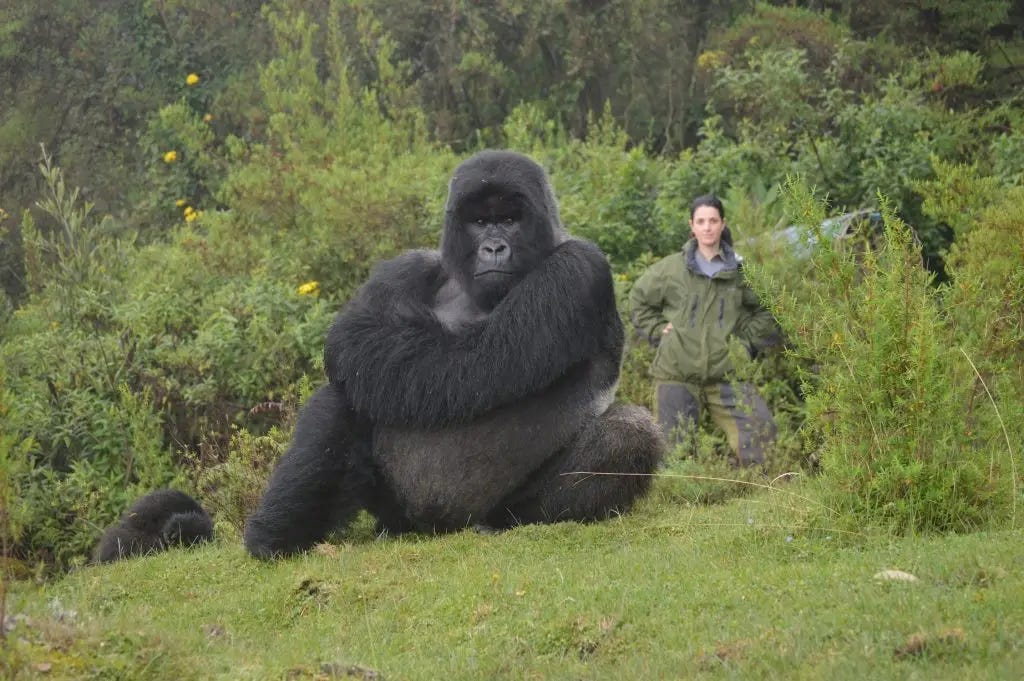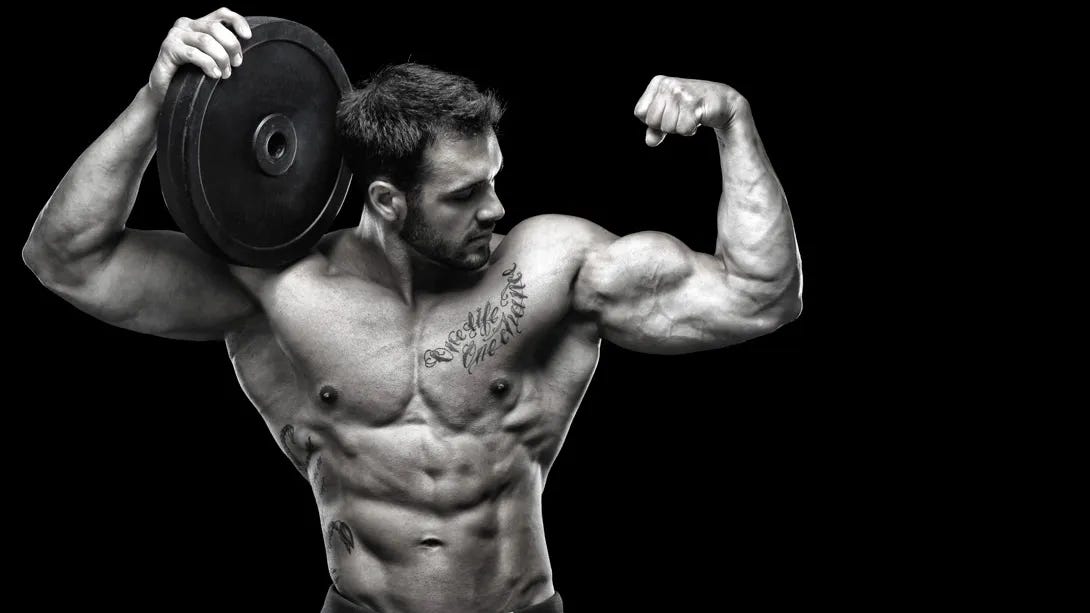(This started as a Facebook post, but as it got long I realized it might be better to share here).
Note; this is about sexual violence, so click away if you don't wish to read about that.
I came across the New York Times’ obituary of Susan Brownmiller and read it with some interest. I didn't know Brownmiller's name or work, and haven't read her, so take this for what it's worth. It may be worthwhile for me to look into it more.

But I have often heard the assertion that, I now gather, is derived from Brownmiller's argument; "Rape isn't about sex, it's about power." It seems to me that she had a significant impact on our understanding of some of the darkest aspects of human relationships, and that's a major achievement.
It seems, from the obituary, like a lot of the criticism of Brownmiller has been of the "not all men" variety. She asserted quite stridently that rape is a conscious and deliberate process used by "all" men to keep "all women" subject to their domination. That kind of sweeping generalization is not uncommon in the advocacy of the era, and is patently false (I'm a man, and whatever my sins, I never CONSCIOUSLY or DELIBERATELY thought of rape as a tool to subordinate women to myself or men like me). So that seems like kind of low-hanging fruit to criticize, but also the kind of thing that's easily nuanced to respond to criticisms.
A more nuanced approach, for example, might draw on the model of structural injustices from critical theory (oh no! Critical Race Theory! Look out!). This would modulate Brownmiller's argument to say that the reality, or potential, for rape in a society, acts as a mechanism to establish male dominance. Just as you can have a racially inequitable society even with most of its members not being consciously or deliberately racist, you can have male domination of women without most men being consciously or deliberately rapists.
That probably has some merit in it. But I still think there's room for some pushback about the "power, not sex" claim.
I would look at it this way; if you say that rape is about power, not about sex, then the next thing I want to ask is, "What is POWER about?" Why do men seek to be powerful? Why go to the effort of acting in dominant ways at all?
In a completely different context, an anthropologist recited as a maxim that "all evolution cares about is reproduction." Any trait that leads to more success passing one's genes on gets rewarded by... the genes getting passed on, thus perpetuating that trait. If you look at other species in which dominance behavior occurs, typically increased ability to mate is the principal payoff of successful dominance, or at least one of the payoffs. So if you say sexual violence is about power, it seems that power is itself about sex, and the urge to gain power is itself a sexual urge.

There's a further wrinkle here, though. I have also read that dominance behavior in animal species tends to be proportionate to the differential in body mass between the sexes of that species. Silverback gorillas or African lions have a pretty significant differential, where males average 30% or more bigger than females, and the head male of the social unit clearly dominates females and smaller males. But if you look at, say, cardinals and many other bird species, there's barely any difference, and the sexes act pretty equitably toward each other.
Humans have such a differential - but it's pretty slight, only around 10% or so. We may be closer to gorillas than cardinals on the evolutionary tree, but in this respect we resemble cardinals more. This was the kind of thing Hobbes observed when he tried to envision humans in the "state of nature"; some individual humans might be a bit bigger or stronger than others, but no one is so definitively mightier that they can guarantee dominance on physical superiority alone. Trickery, treachery, or teaming up can bring down the biggest bully. Hence we're all functionally "equal," despite our differences. Human males average a little bigger than females, but not all that much.

I'd suggest that Brownmiller saw part of the picture. Sexual domination is a strategy that a human male can conceivably attempt (and, tragically, too often does), as she observed. But we're not a species that's really built for it, certainly not consistently. Other strategies for flourishing are also available, and more reliable. Self-proclaimed "alpha males" may find a niche of women who respond positively to their bravado, but they seem a bit odd to the rest of us, rather than admirable.
In think the partial vision of Brownmiller's argument may be a product of her methodology. Again, I haven't read the book, so I'm gleaning from the obituary here. But it appears that it was largely based on her impressions from talking to victims of this crime, more so than perpetrators or from surveys of men in general. The conviction that power was the dynamic at the heart of a rape, rather than sex, seems to me like it came from the experience of the victim, whose trauma came from the sense of powerlessness and violation of her person rather than from any specifically sexual feeling. But it's not necessarily the case that the dimension of the event that was most traumatic to the victim was also the principal intention of the perpetrator. In some cases, it probably was; but in others, it could be an unintended byproduct. I suspect there are many cases where the rapist didn't want to exert dominance and used sex to do it, but wanted sex and used dominance to get it.
Where do we go from here? I think we need to continue building on Brownmiller’s insight, and recognize that there’s a role power and dominance plays in our sexual mentalities, and address that. But we also need to build that way forward on a more rounded view of humanity. The “dominance” model of masculinity isn’t really all that great a fit for actual human beings, and we need to be clear about the silliness of “alpha male” ideology. But the evils of sexual violence don’t come from that quarter alone, and we need a fuller evaluation of our sexual culture and the ways it creates pathways to abuse.





